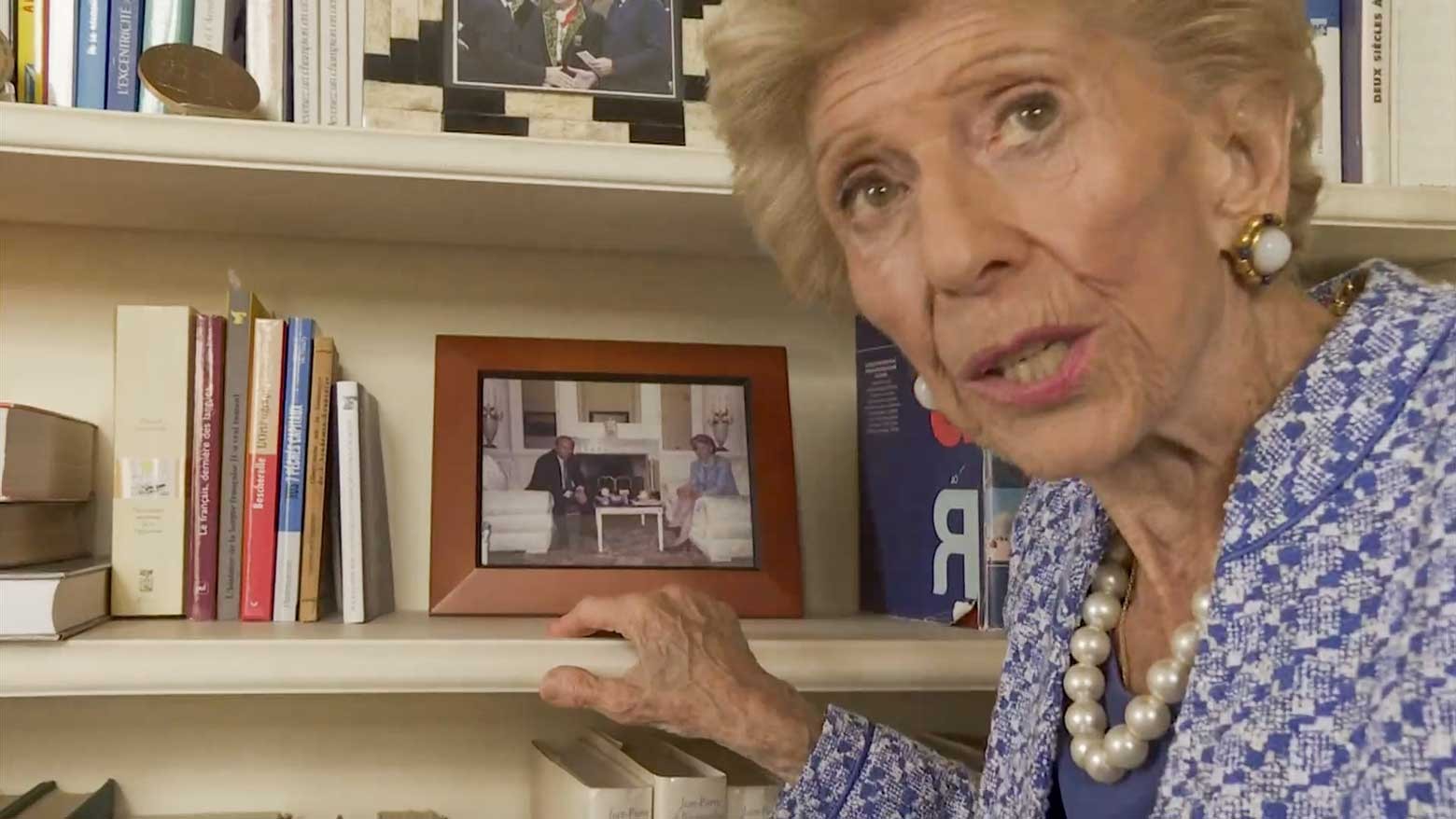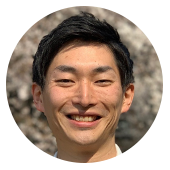Carrere d'Encausse, who serves as the permanent secretary of the French Academy, predicted the collapse of the Soviet Union in a book published in 1978.
She says Putin has deep-rooted contempt for Ukrainians because he considers them to be devoid of "national personality." As for why the Russian leader decided to invade, she says we must look back to an incident in the mid-20th century known as the Prague Spring.
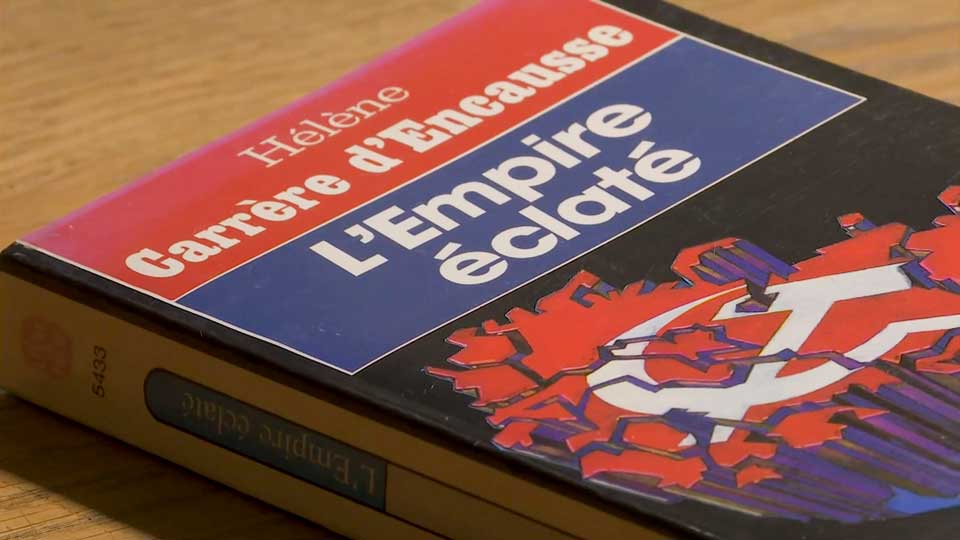
"Putin has unquestionably returned to a totally Soviet vision. And this can be seen precisely in the way he invented this war because, first of all, this is a copy of the 1968 intervention in Czechoslovakia," she said to NHK in early October.
"He has done exactly what (then Soviet leader Leonid) Brezhnev did: sent in soldiers to kick out a president who does not suit him."
"And I'm sure Putin had another (Ukrainian) president in his pocket as a replacement," she continues. "And he thought Ukrainians would be very happy, and that he could control the country with a leader he liked."
Beginnings of a movement
Carrere d'Encausse says the protests in Russia against Moscow's partial mobilization of military reservists resemble events after the Soviet Union invaded Afghanistan in 1979. And just like today, she points out that a lot of the anger back then came from the mothers of those being sent into battle.
"Historical experiences teach us that in Russia, changes are never made from the bottom up. But they do start with agitation at the bottom," she says. "From the moment I saw this operation … I told myself it would be the beginning of the end for Putin."
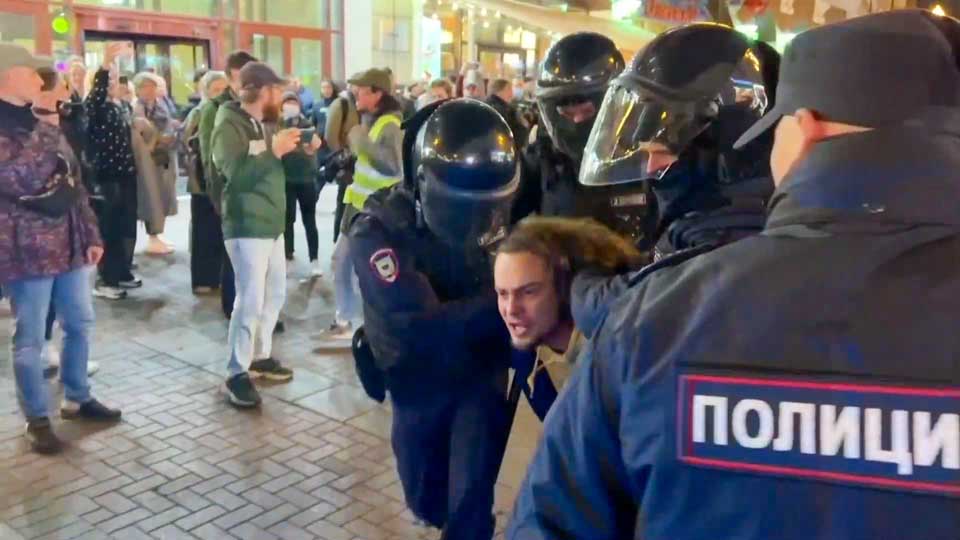
'Shy, insecure man'
Carrere d'Encausse recalls meeting Putin at the Kremlin when he became president in 2000. She says he appeared shy and nervous, adding that "power changes people -- especially when absolute."
Fast forward more than two decades, and Carrere d'Encausse suggests Putin has developed an obsession with the past.
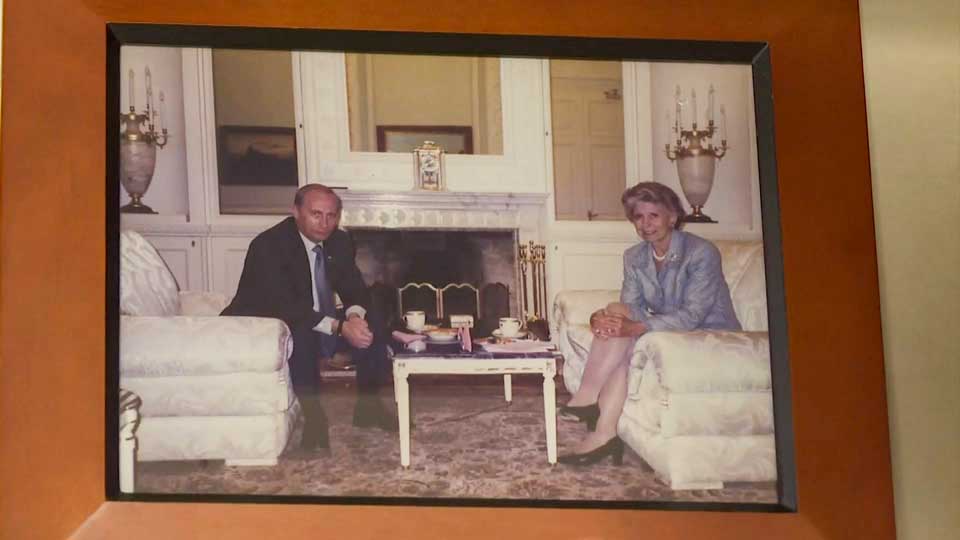
"He thinks he will find in history the justifications for his power… There's no doubt about it, he refers to Peter the Great … and he uses historical arguments all the time. But that doesn't make him a historian. It just makes him an opportunist who draws from historical events to legitimize his actions."
Mediation key to peace
Russia's invasion will soon be into its ninth month, and an end to conflict does not look likely soon. Carrere d'Encausse says peace will first require dialogue among the world's major powers.
"The United States wants the war to continue for the time being. But if they decide to stop it, then it will stop," she says, adding that the conflict "bothers" Chinese President Xi Jinping. "It's clearly not his vision of the universe, and it's disturbing his own global strategy."
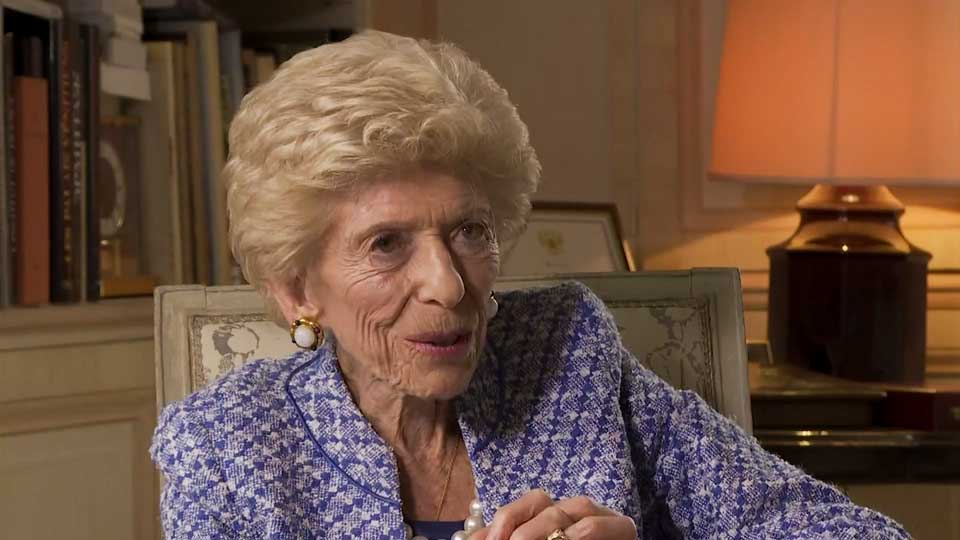
Carrere d'Encausse believes Beijing's barely concealed opposition is shared in other influential countries like India. "So you see, the landscape is changing very slowly."
"All wars end, that's obvious. How can this one end? Not with total defeat for Russia. Because of Putin. And that would complicate negotiations. It's clear that at some point we'll have to talk… and Russia will clearly have to make great concessions."
